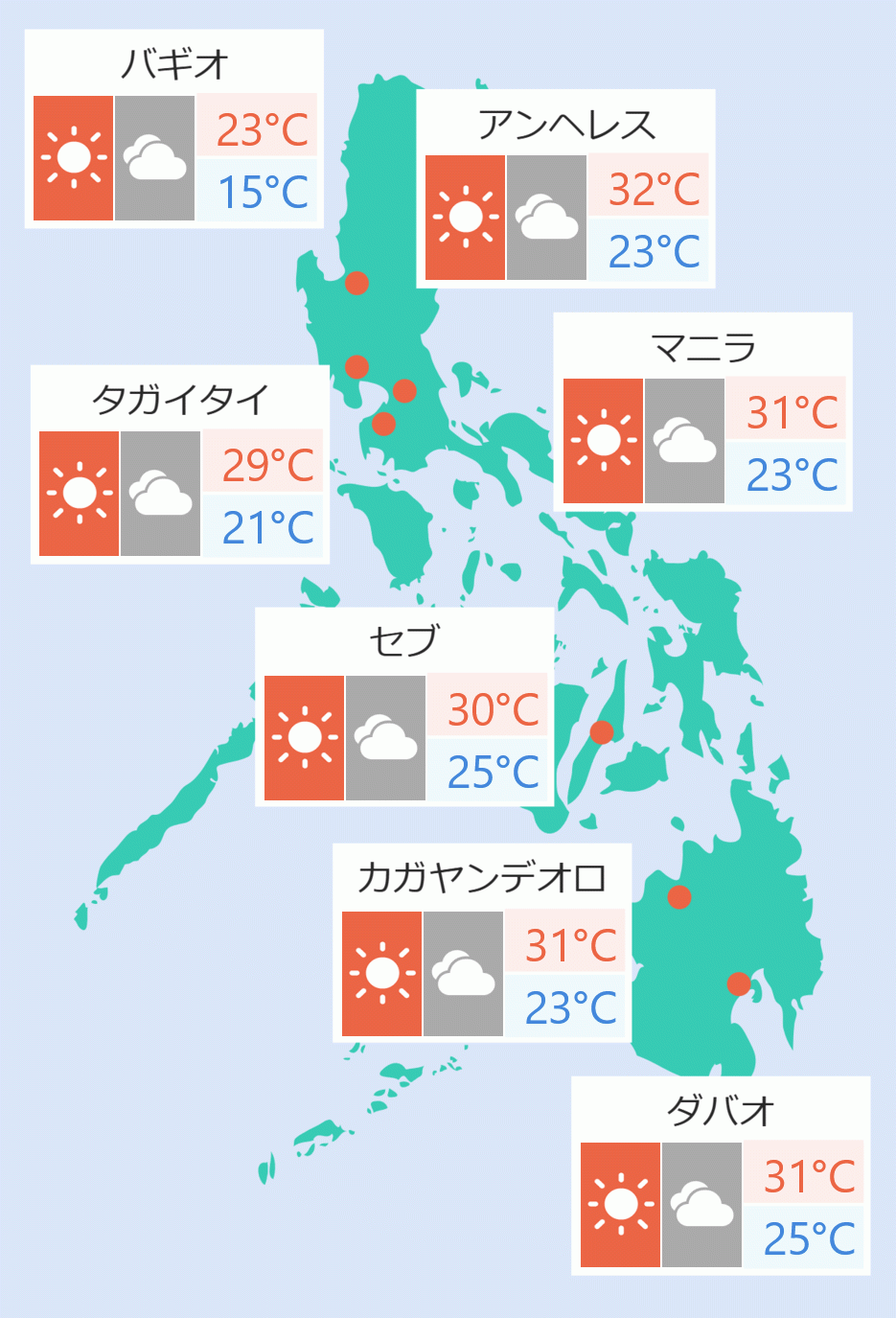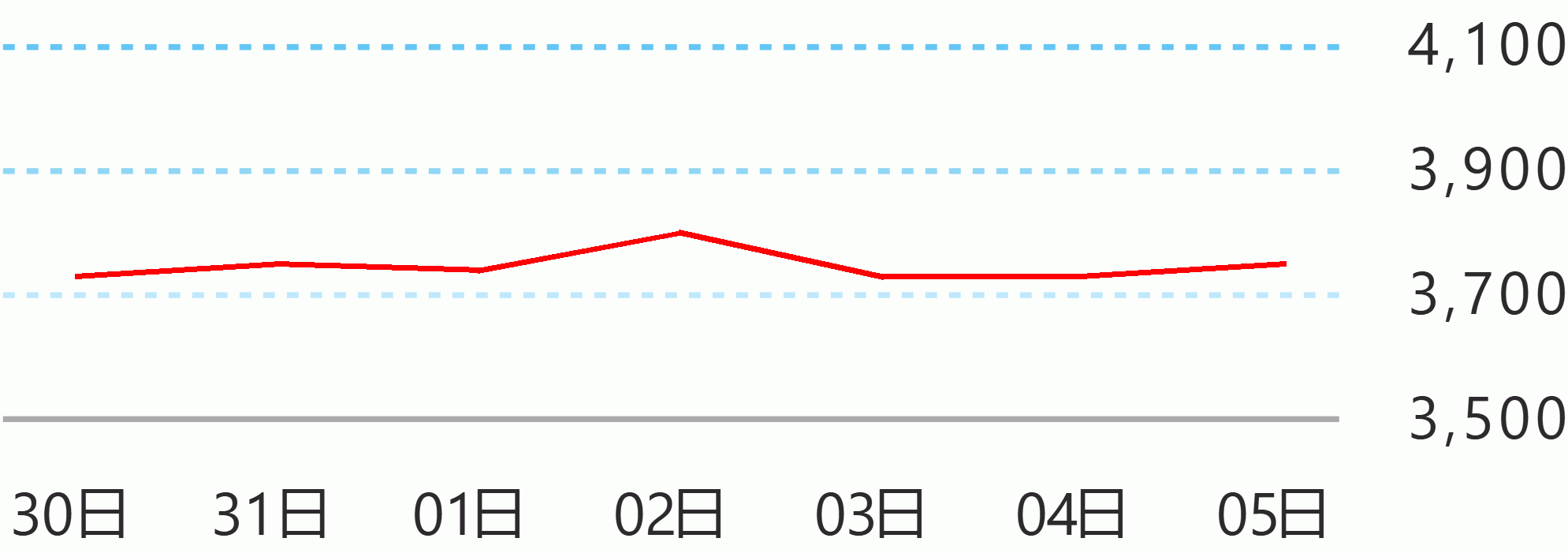Incoming President Ferdinand ‘Bongbong’ Marcos, Jr. wants an assessment of the country’s competitiveness first before pursuing the ratification of the Regional Comprehensive Economic Partnership (RCEP) trade agreement.
"Sa aking pananaw, let’s have another look at it… Anyway, sa RCEP, tingnan natin ulit what will be the effect, pag-aralan natin ng mabuti – if we ratify it now, what will be the effect on our farming community, our farmers especially?” he said.
Following the Senate’s failure to ratify the trade agreement before Congress went on sine die adjournment, RCEP's ratification or rejection now falls under the 19th Congress during Marcos’ incoming administration.
Marcos said RCEP is good as it aims to encourage trade and all great economies engage in the same.
He, however, pointed out that the state of the country’s competitiveness could be a stumbling block to the effectiveness of RCEP.
He explained that the agricultural sector should be sufficiently robust to take on the competition that will ensue with the opening of the markets.
“Ako, I’m a great proponent, a believer in trade. Walang yumaman na bansa na hindi maganda ang kanilang trade, meron silang manufacturing, meron silang ine-export , " he continued.
" They (progressive countries) are very involved in trade. All the great economies in the past, 200 to 300 years, really became rich because of trade and commerce,” the incoming Chief Executive said.
But he reiterated that the country must first ensure that it is ready to compete with fellow member nations before entering in the pact.
He was especially concerned about the competitiveness of the agricultural sector and the local farmers.
“So, let’s have a look at it again and make sure na hindi naman malulugi ang ating agri-sector. Pagka niratify na natin ‘yan, dapat handa na ‘yung sistema natin na makipag-compete. Dahil kung hindi talaga makapag-compete, masasapawan sila, mawawala ‘yung ang ating mga local, " he explained.
"Panay na naman ang import natin and we don’t want that. We want to beef up the agricultural sector. We want to have sufficient food supply for the Philippines in case of any crisis,” he continued.
The RCEP Agreement, which was signed by the Philippines together with ASEAN Member States, Australia, China, Japan, Korea, and New Zealand on November 15 2020 during the 4th RCEP Leaders’ Summit, is the world’s largest free trade area in terms of global trade, GDP, FDIs, and market.
The Department of Trade and Industry highlighted the critical role of RCEP in boosting equitable economic growth especially for MSMEs, through the expansion of regional trade, services, and investment linkages.
The agency also presented the 4Cs in which the key benefits of RCEP for the Philippines can be summarized, namely: a) cheaper costs for sourcing key inputs of the manufacturing sector; b) convenience for businesses in trading with key FTA partners; c) competitiveness for Philippine industries; and d) complementation of existing government support programs.
During the campaign, Marcos proposed to revisit the country’s existing foreign trade agreements, especially those affecting agriculture, to assess if they are working out for the country’s benefit.
In the late ’80s, the Philippines implemented trade reforms that substantially opened up the economy.
Later on, the proliferation of regional trading arrangements worldwide and the rise of Asian bilateralism have prompted the Philippines to begin thinking about jumping on the FTA bandwagon.
But data from the Philippine Statistics Authority showed that the country's agriculture trade has been declining on an annual basis for the last decades. Office of Ferdinand ''Bongbong'' R. Marcos Jr





 English
English







